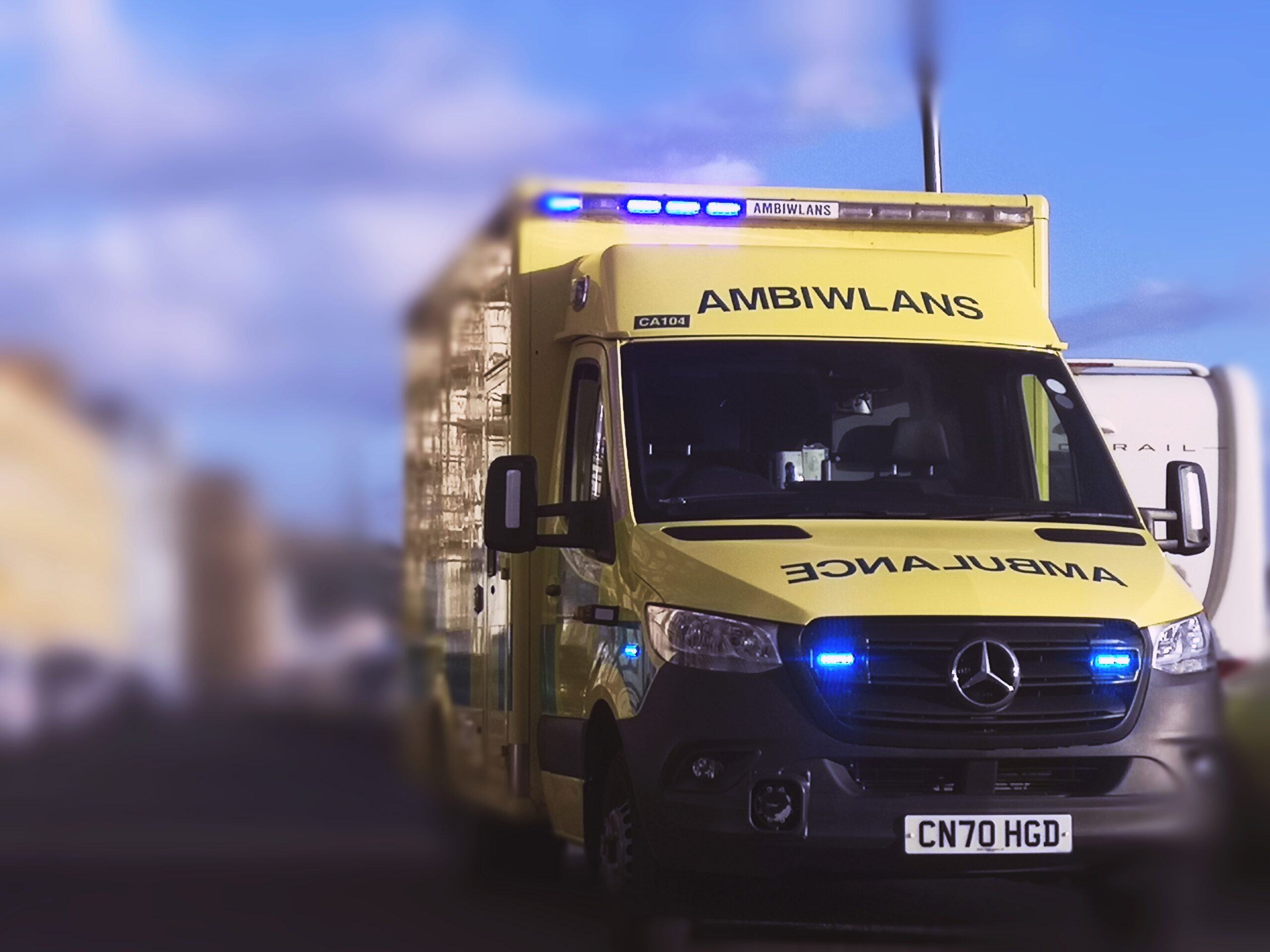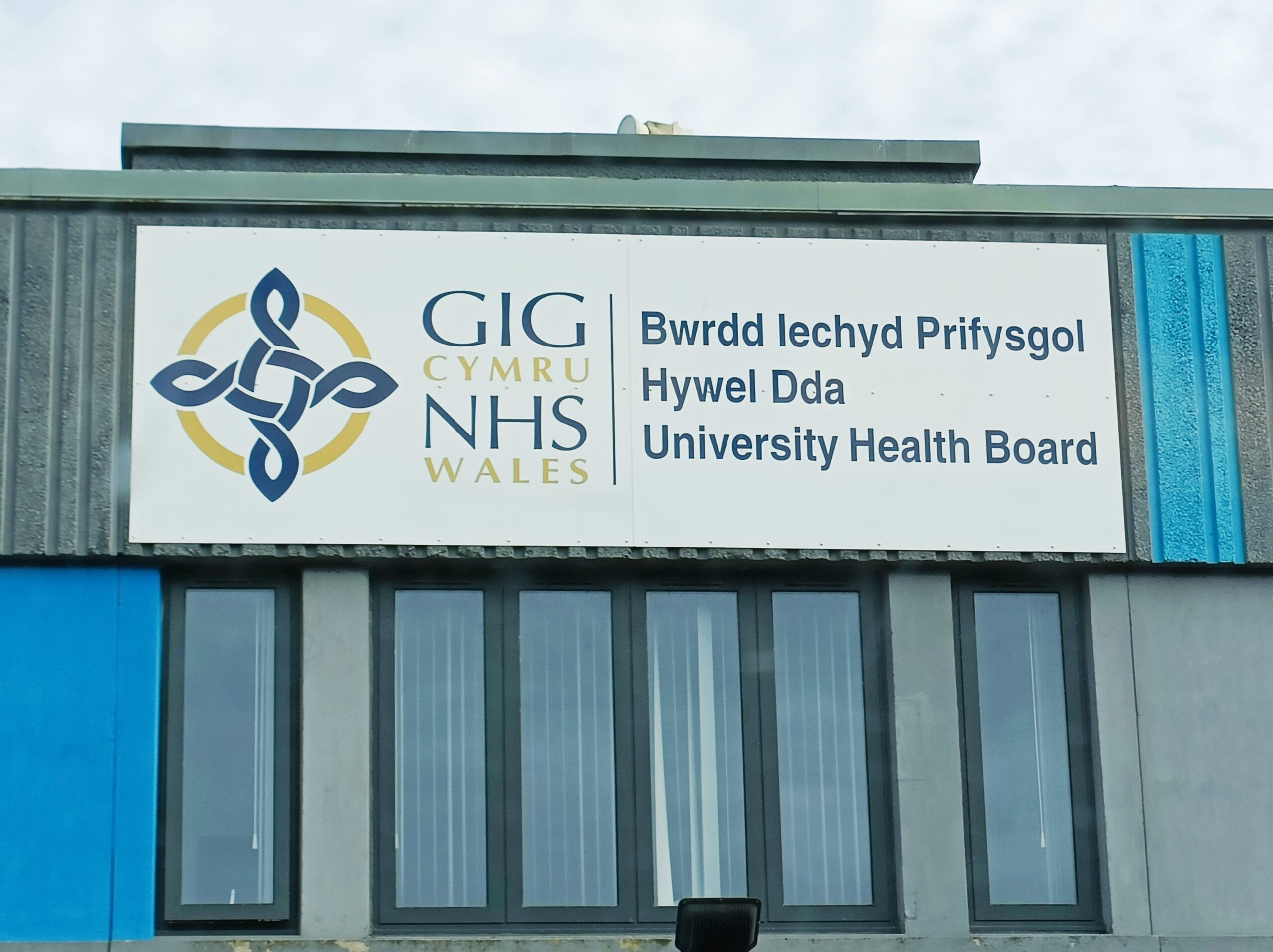People in Wales may be divided on where they stand regarding their love or hate for former Prime Minister Margaret Thatcher.
Her stance on the miner’s strike and her response to the Falklands conflict will be what most people will remember the Conservative leader for. There was also an assassination attempt by the Provisional IRA in 1984 when a bomb went off at the hotel she was staying at during a Conservative Party Conference.
Thatcher was a polarising figure in British politics. Her support came from those politicians who had not attended public schools or Oxbridge. There will be fans of some of her record in politics and others who will reel in horror at the very mention of her name. It was the Conservative government she led for so long, which instigated so many changes within political and social life in the U.K.
It is easy to see why there are such conflicting views. Thatcher along with support from Sir Lionel Heald, Sir Robert Grimston, Mr Corfield, Mr Bishop, Mr Kirk, and Wing Commander Grant-Ferriswas was responsible for the Public Bodies (Admission to Meetings) Act 1960, requiring local authorities to hold their council meetings in public; the bill was successful and became law.

In her speech she said: “The public has the right, in the first instance, to know what its elected representatives are doing. That right extends in a number of directions. I do not know whether hon. Members generally appreciate the total amount of money spent by local authorities. In England and Wales, local authorities spend £1,400 million a year and, in Scotland, just over £200 million a year. Those sums are not insignificant, even in terms of national budgets. Less than half is raised by ratepayers’ money and the rest by taxpayers’ money, and the first purpose in admitting the Press is that we may know how those moneys are being spent.”
In 1971 Thatcher abolished free school milk for children between the age of 7 and 11. She also argued that she was simply carrying on with what the Labour government had started since they had stopped giving free milk to secondary schools. It led to her being nicknamed “Margaret Thatcher, Milk Snatcher”.
Mrs Thatcher opposed Scottish devolution (home rule) and the creation of a Scottish Assembly.
It was to her father and the town where her statue is being abused that the Iron Lady turned to in her speech on the steps of Downing Street upon becoming Prime Minister. She said:
“Well, of course, I just owe almost everything to my own father. I really do. He brought me up to believe all the things that I do believe and they’re just the values on which I’ve fought the Election. And it’s passionately interesting for me that the things that I learned in a small town, in very modest home, are just the things that I believe have won the Election.”
On arriving at Downing Street Mrs Thatcher also paraphrased the Prayer of Saint Francis:
Where there is discord, may we bring harmony;
Where there is error, may we bring truth;
Where there is doubt, may we bring faith;
And where there is despair, may we bring hope.
Following the 1981 Brixton riots Thatcher addresssed the Conservative Party conferencesaying: “To those waiting with bated breath for that favourite media catchphrase, the “U” turn, I have only one thing to say. “You turn if you want to. The lady’s not for turning.”
Thatcher also introduced the Community Charge or ‘poll Tax’ leading to more riots. The largest protest occurred in central London on Saturday 31 March 1990.
The policy of privatisation has been called “a crucial ingredient of Thatcherism”. After the 1983 election the sale of state utilities accelerated; more than £29 billion was raised from the sale of nationalised industries, and another £18 billion from the sale of council houses. The process of privatisation, especially the preparation of nationalised industries for privatisation, was associated with marked improvements in performance, particularly in terms of labour productivity.
For those who campaign to stop Climate Change they may wish to look at Mrs Thatcher’s record which is that she supported an active climate protection policy; she was instrumental in the passing of the Environmental Protection Act 1990, the founding of the Hadley Centre for Climate Research and Prediction, the establishment of the Intergovernmental Panel on Climate Change, and the ratification of the Montreal Protocol on preserving the ozone.
Thatcher helped to put climate change, acid rain and general pollution in the British mainstream in the late 1980s, calling for a global treaty on climate change in 1989.
Those egging and urinating on the statue of the first female Prime Minister, the daughter of a green grocer who rose to become one of the most powerful women in the world at the time, who some credit with paving the way for other women in many other areas of social and political life. The woman who enabled working class people to purchase their homes, to embrace capitalism and bring Fred kite into line while presiding over the victory in the Falklands War. For those people the history books have no place.
The “Iron Lady” The Right Honourable The Baroness Thatcher LG OM DStJ PC FRS Hon FRSC Prime Minister from 4 May 1979 to 28 November 1990. Born Margaret Hilda Roberts on 13 October 1925 Died 8 April 2013.
Please donate here: Support Carmarthenshire News Online Thank you for supporting independent journalism and contributing to the future of local news in Carmarthenshire. Carmarthenshire News Online has been dedicated to providing unbiased and trustworthy news, free from commercial or political influence. By donating as little as £1, you can help ensure the continuation of this important source of information for the community. Your contribution will have a significant impact on the sustainability of independent journalism. If you're looking to enhance your brand's visibility, we also offer advertising opportunities on our Livestream and podcasts. Our special offers provide excellent value for reaching our engaged audience. To learn more about these opportunities and to discuss your advertising needs, please feel free to call or text us at 07308598604. Thank you again for your support, and together we can ensure the availability of quality local news for Carmarthenshire and beyond.
Please donate here: Support Carmarthenshire News Online





